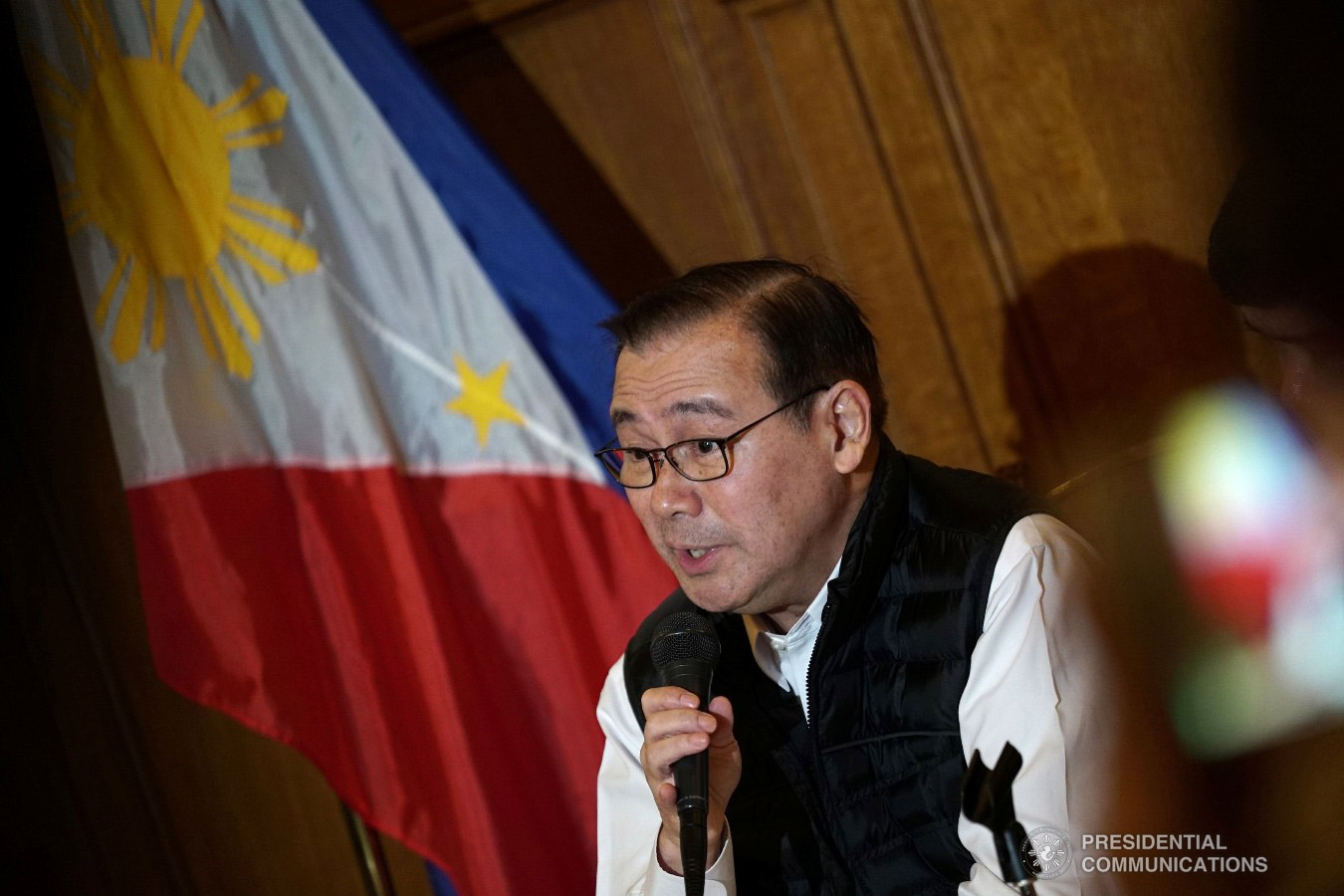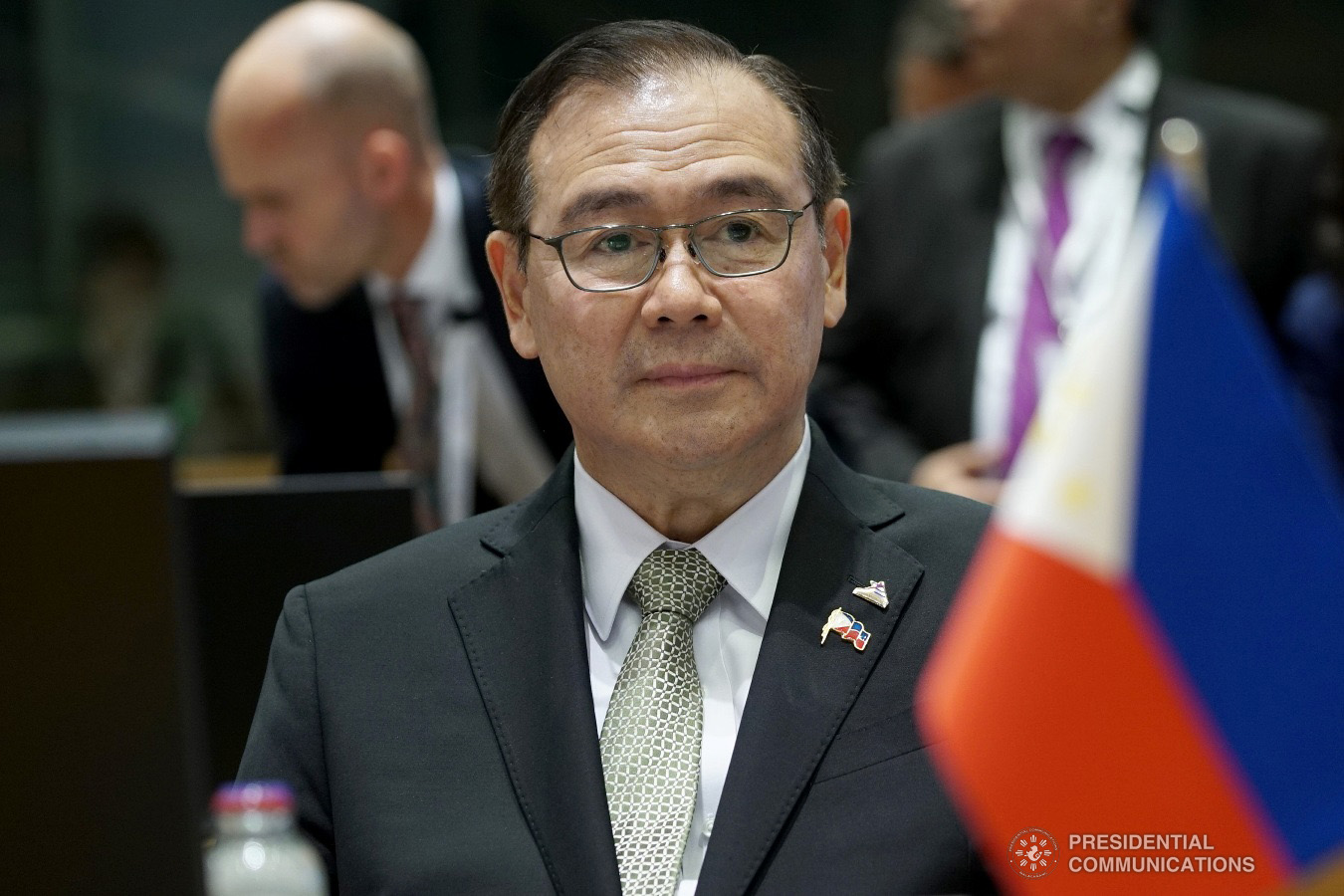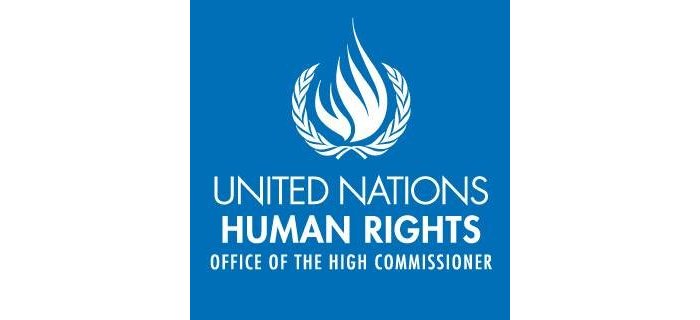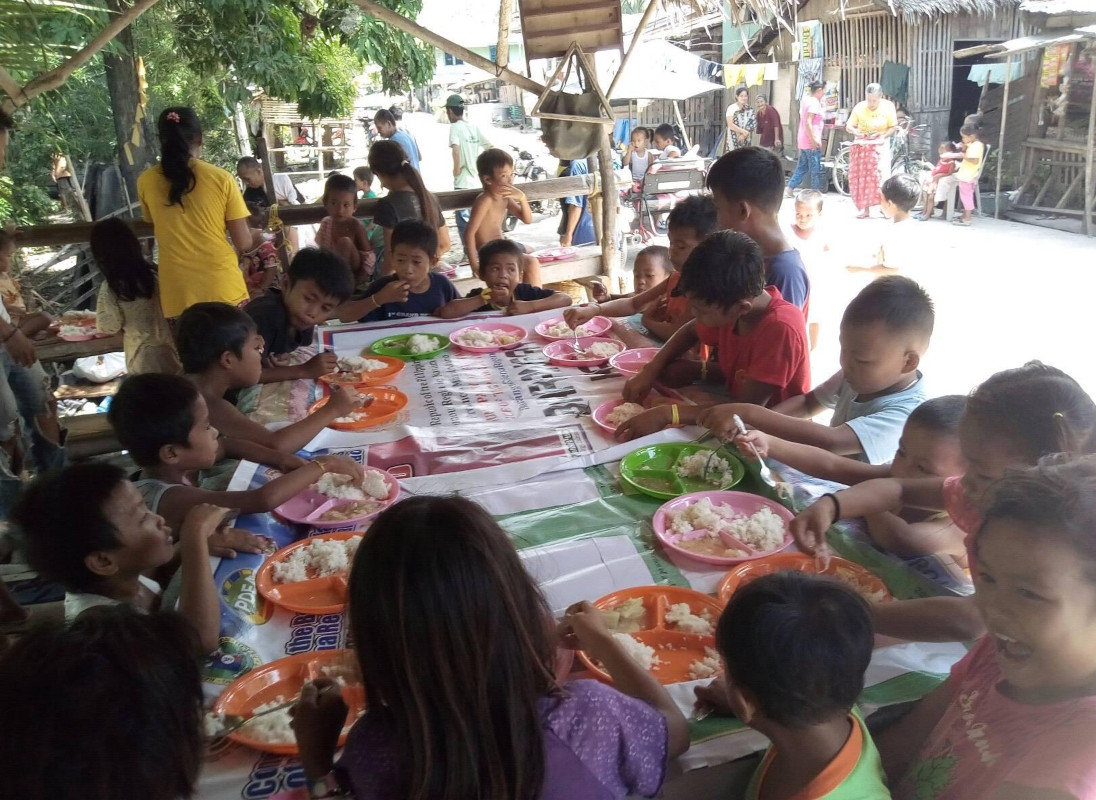Foreign Secretary
Teodoro Locsin warned on July 11 of “consequences; far reaching
ones” as he rejected the United Nations Human Rights Council
(UNHRC)
resolution to report on human rights in the Philippines next
June.
“The
Philippines rejects this resolution. It cannot, in good conscience,
abide by it. We will not accept a politically partisan and one-sided
resolution, so detached from the truth on the ground,” Locsin said
in a four-page statement issued upon approval by the UNHRC of a
resolution initiated by Iceland. 18 countries voted in favor of the
resolution while 14 opposed and 15 countries abstained.
Locsin further
said, “we will not tolerate any form of disrespect or acts of bad
faith. There will be consequences; far-reaching ones.”
President
Duterte’s reaction, on the other hand, did not outrightly object to
the UNHRC probe, “Let them state their purpose and I will review.
Kung dagdag lang sila sa intriga [If they will just add to the
intrigue], they better go to the media. And the media will tell them
the truth,” he told reporters in Malacanang.
The resolution
gives UN High Commissioner for Human Rights Michelle Bachelet a year
to prepare a “comprehensive written report on the situation of
human rights in the Philippines.”
The resolution
also expresses concern about the range of rights violations in the
country and calls on the government to cooperate with UN human rights
mechanisms and experts.
Bachelet
said in a March 9 speech before the UNHRC that “up to 27,000 people
may have been killed in the context of the campaign against illegal
drugs since mid-2016.” Communications Assistant
Secretary Maria Rafael-Banaag called the figure cited “baseless.”
She is wrong. (See:
VERA FILES FACT CHECK: PCOO Asec. Rafael-Banaag contradicts official gov’t data on drug war)
Bachelet’s spokesperson, Ravina Shamdasani, said the report would offer an
opportunity to “get clarity around the contested facts, figures and circumstances” of the drug war.
The Philippine government earlier denounced the resolution as a “divisive motion” and sought to block it.
Resolution ‘crucial’ for accountability
The Commission on Human Rights (CHR), which has often drawn Duterte’s ire for
criticizing the drug war, said it welcomes the resolution and that
the probe could provide ways to improve the country’s human rights
situation.
“As a member of
the Council, the Philippine Government – despite vigorously
campaigning against its adoption – should show that it genuinely
adheres to Universal values and standards by seeing this as a
prospect to cooperate closely with the international community in
ensuring full respect and compliance with the globally accepted
norms of human rights,” the agency said.
“We should also
seriously review the current misguided policy of refusing access to
the Special Mechanisms on Human Rights and instead consider extending
a standing invitation to all special rapporteurs and working
groups,” the CHR added.
International
human rights organization Human Rights Watch lauded the adoption of
the resolution, calling it a “crucial” move to hold the
Philippine government accountable.
“The Human
Rights Council resolution on the Philippines is a modest but vital
measure,” said the group’s Deputy Director for United Nations
Laila Matar
in a statement. “It signals the start of accountability for
thousands of ‘drug war’-related killings and other abuses, and
will provide hope to countless survivors and families of victims.”



